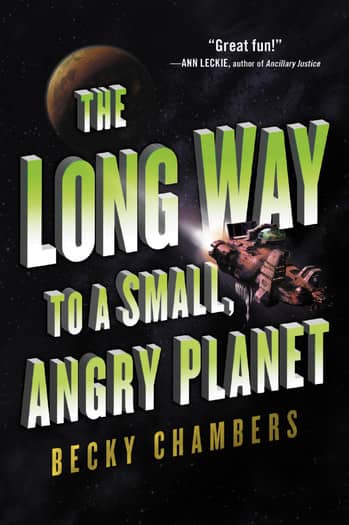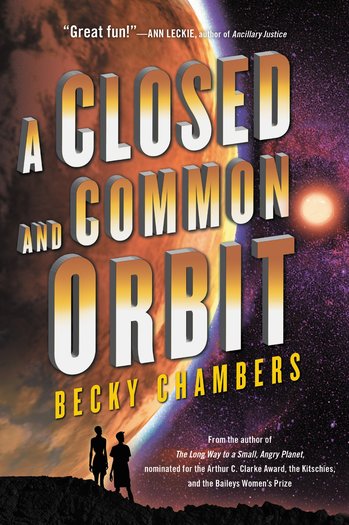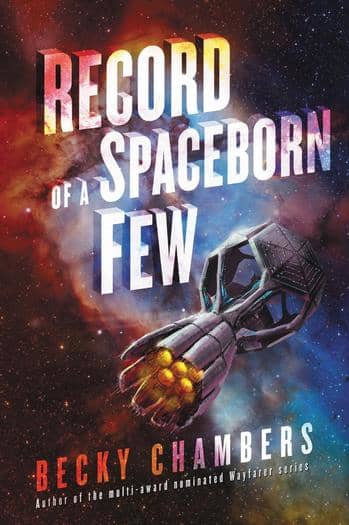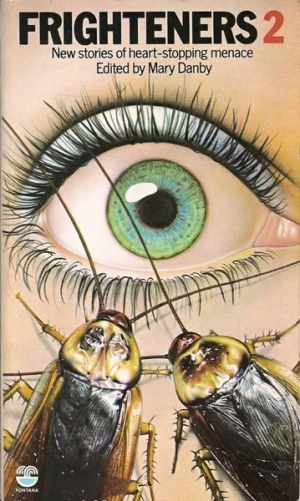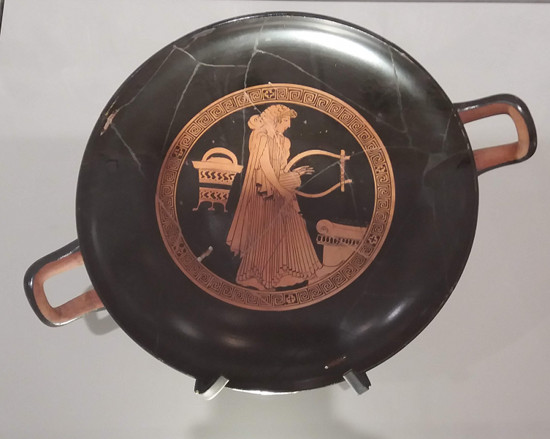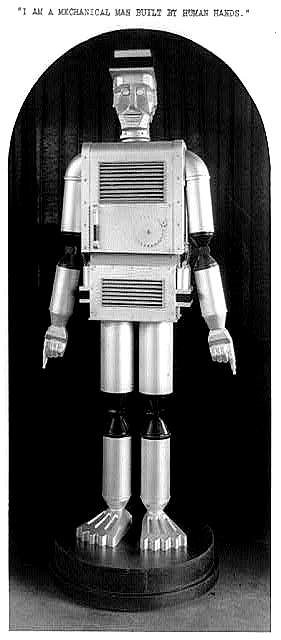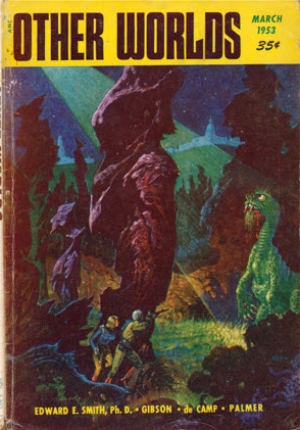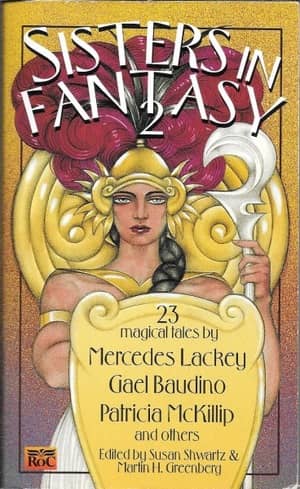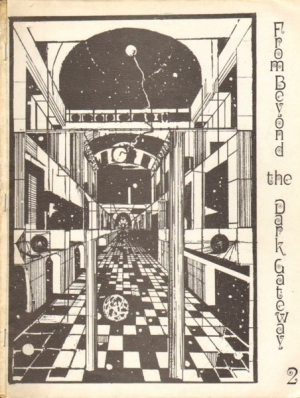When Is A Spinoff Not A Spinoff?
 It’s impossible to talk about remakes of any kind, as I do here, here, and here, without eventually having to consider spinoffs. I want to start by saying that by “spinoff” I mean that an existing character is given their own show, either after the end of the original series, or concurrently with it. And by TV franchises, on the other hand, I mean two or more different versions of the same show.
It’s impossible to talk about remakes of any kind, as I do here, here, and here, without eventually having to consider spinoffs. I want to start by saying that by “spinoff” I mean that an existing character is given their own show, either after the end of the original series, or concurrently with it. And by TV franchises, on the other hand, I mean two or more different versions of the same show.
Aside: I think movie franchises are more a species of sequel. Star Trek? That’s tricky. Are they spinoffs? Reboots? Franchises? All of the above?
It looks as though comedies are the most likely type of TV program to be successfully spun off. If we go back to the early 1970’s we’ll find that All in the Family (1971-1979) was spun off into two series, The Jeffersons (1975-1985), and Maude (1972-1978). What people often overlook, is that the series Good Times (1974-1979) was actually spun off from Maude. Making All in the Family a kind of grandparent program.
These new series were all true spinoffs, going by my definition. Both George Jefferson and Maude Findlay were recurring characters on the original series who captured the interest of the audience enough that they were given their own shows. The same was true for Maude’s maid/housekeeper Florida, whose home life was spun off into Good Times. You’ll notice that there was a considerable amount of overlap in terms of TV seasons between all 4 shows.

